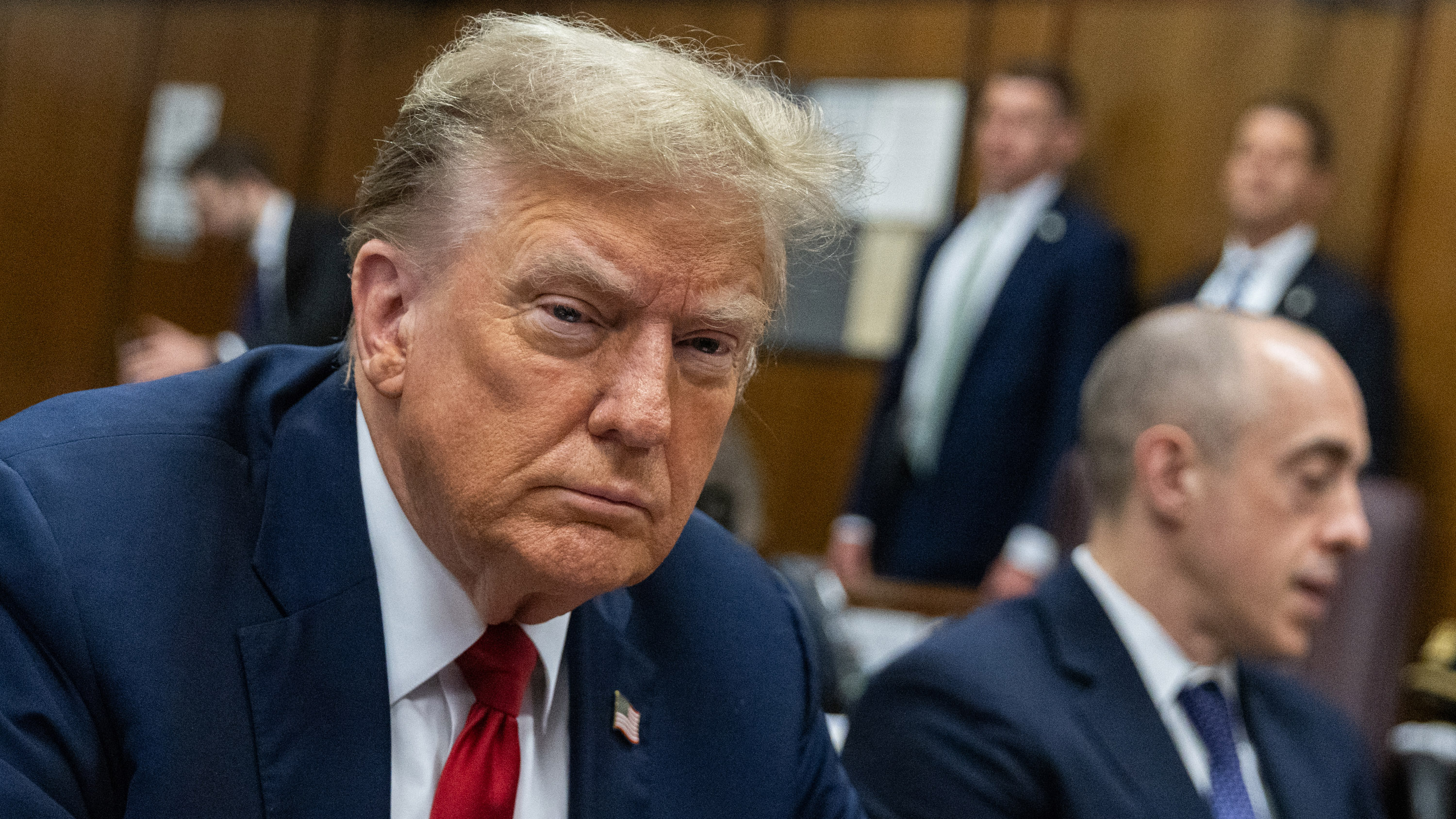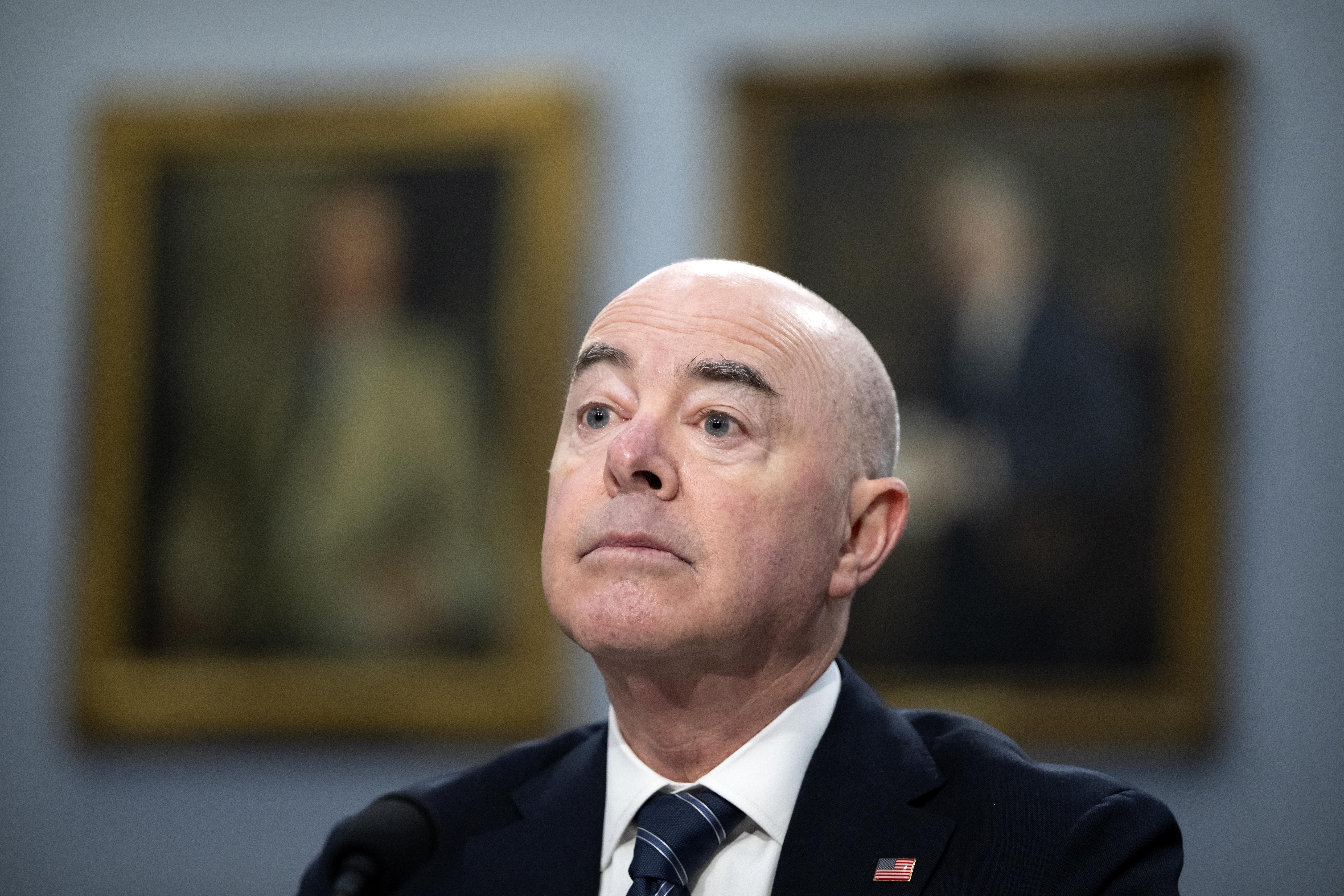
A lawyer for Julian Assange said Wednesday that the WikiLeaks founder plans to claim during his extradition hearing that he was offered a pardon by the Trump administration if he agreed to say Russia was not involved in leaking Democratic National Committee emails during the 2016 U.S. election campaign.
Assange is fighting extradition to the United States on spying charges, and his full court hearing is due to begin next week.
At a preliminary hearing, lawyer Edward Fitzgerald said that in August 2017, then-Republican Congressman Dana Rohrabacher visited Assange at the Ecuadorian embassy in London.
Fitzgerald said a statement from another Assange lawyer, Jennifer Robinson, recounted "Mr. Rohrabacher going to see Mr. Assange and saying, on instructions from the president, he was offering a pardon or some other way out, if Mr. Assange ... said Russia had nothing to do with the DNC leaks.”
We're making it easier for you to find stories that matter with our new newsletter — The 4Front. Sign up here and get news that is important for you to your inbox.
White House press secretary Stephanie Grisham denied the allegation Wednesday. "The President barely knows Dana Rohrabacher other than he’s an ex-congressman," she said in a statement to NBC News. "He’s never spoken to him on this subject or almost any subject. It is is a complete fabrication and a total lie. This is probably another never ending hoax and total lie from the DNC."
Emails embarrassing for the Democrats and Hillary Clinton’s presidential campaign were hacked before being published by WikiLeaks in 2016.
District Judge Vanessa Baraitser said the evidence was admissible in the extradition case.
U.S. & World
The day's top national and international news.
Assange appeared at London’s Westminster Magistrates’ Court on Wednesday by video-link from Belmarsh prison, where he is being held as he awaits his extradition hearing.
U.S. prosecutors have charged the 48-year-old Australian computer hacker with espionage over WikiLeaks' hacking of hundreds of thousands of confidential government documents. If found guilty, he faces up to 175 years in jail.
He argues he was acting as a journalist entitled to First Amendment protection.
Assange spent seven years in Ecuador’s embassy after holing up there in 2012 to avoid questioning in Sweden over unrelated sexual assault allegations.
Assange was evicted from the embassy in April 2019 and was arrested by British police for jumping bail in 2012. In November, Sweden dropped the sex crimes investigation because so much time had elapsed.
There is no quick end in sight to Assange’s long legal saga. His full extradition hearing is due to begin with a week of legal argument starting Monday. It will resume in May, and a ruling is not expected for several months, with the losing side likely to appeal.



